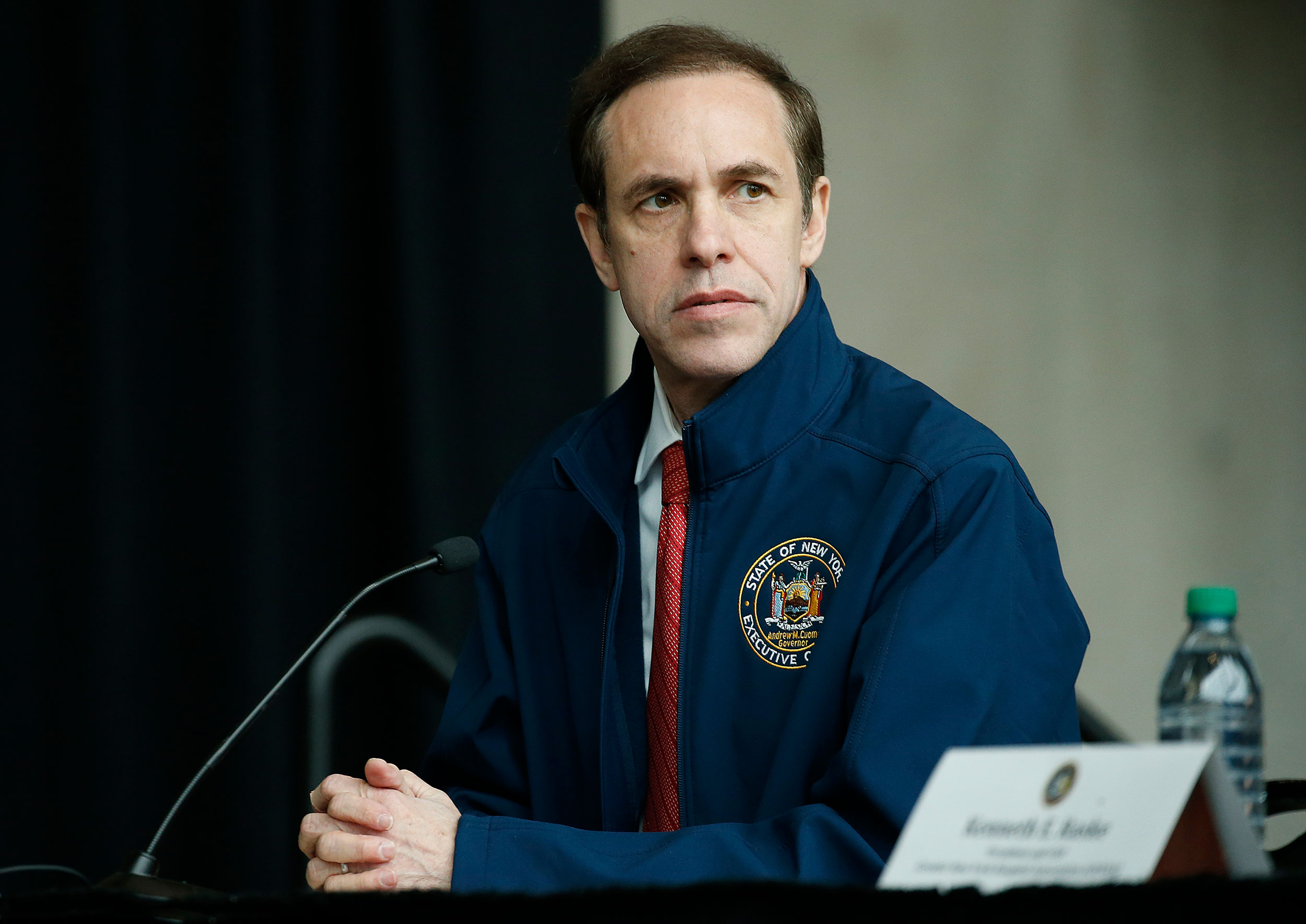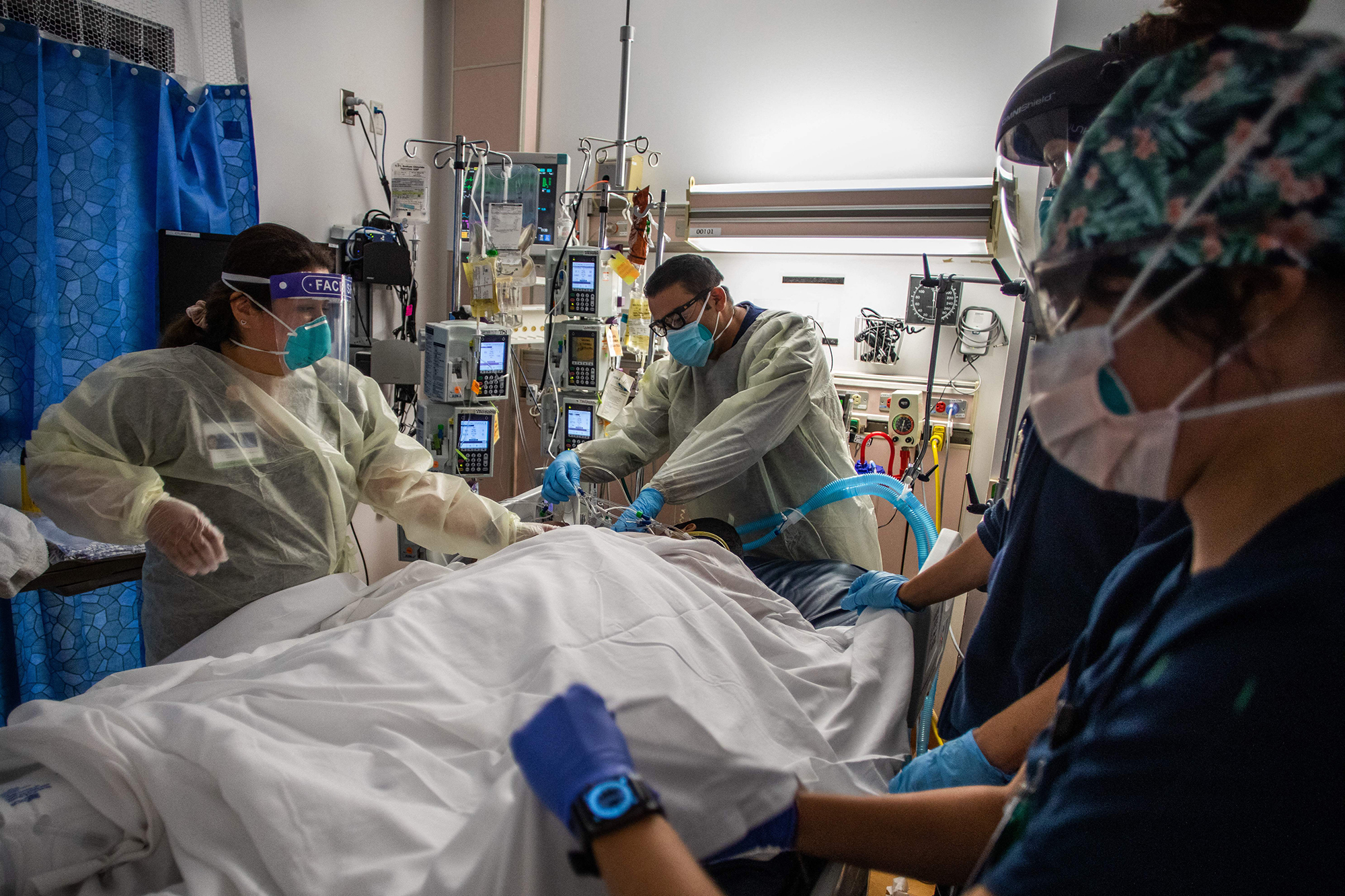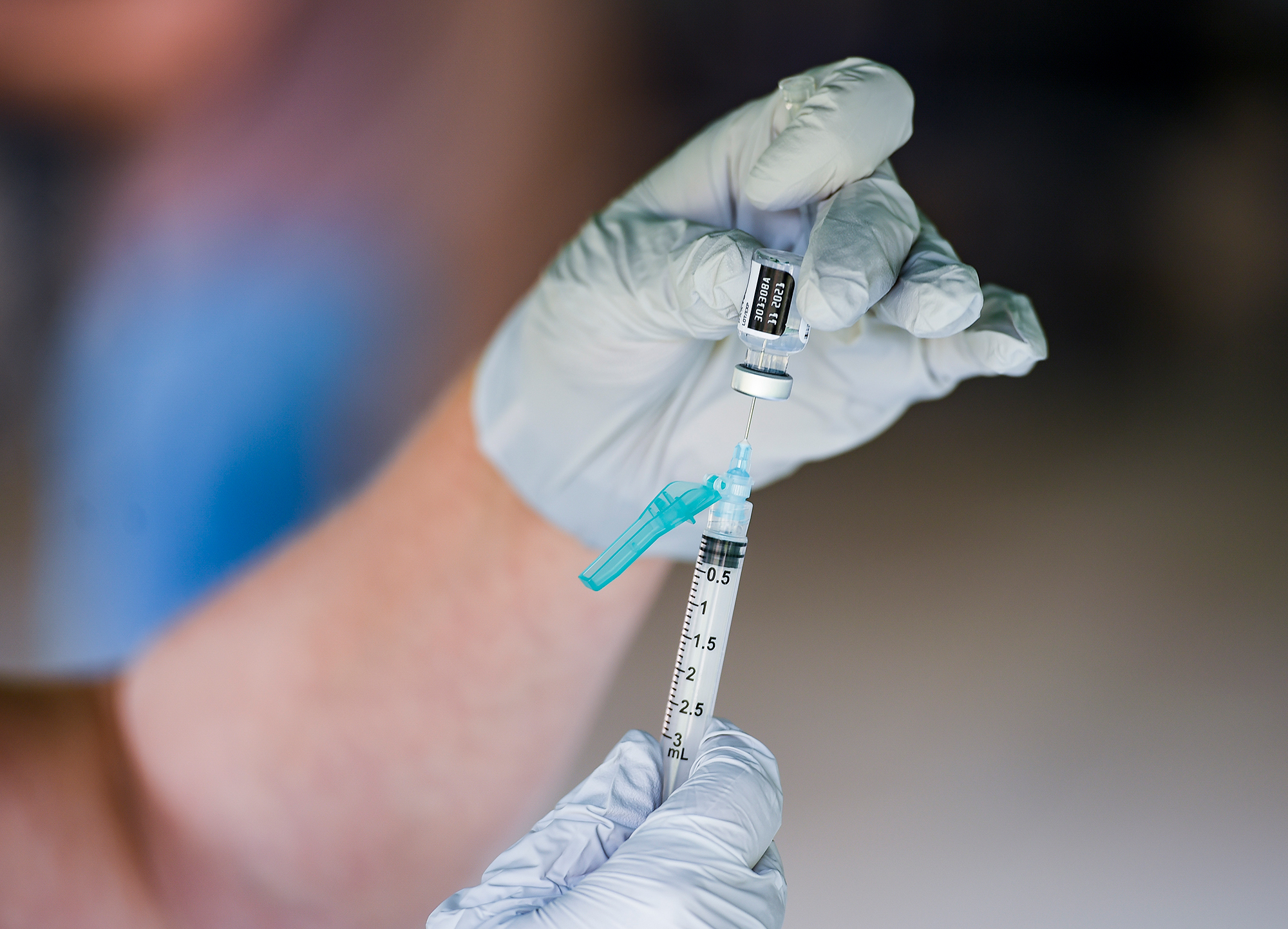The protection provided by Covid-19 vaccines appears to wane over time, especially for people 65 and older, a US Centers for Disease Control and Prevention expert said Wednesday.
Ruth Link-Gelles, who helps lead the CDC's Vaccine Effectiveness Team, reviewed a series of studies looking at the overall effectiveness of vaccines in various groups between February and August and found similar patterns for Pfizer's and Moderna's vaccines, both made using mRNA.
The findings tended to support the argument that people's protection starts to wane after a few months, and that boosters might help restore their immunity.
Effectiveness started to wane a few months after people were fully vaccinated – defined as two weeks after their second dose of either vaccine.
"For individuals 65 plus, we saw significant declines in VE (vaccine effectiveness) against infection during Delta for the mRNA products," Link-Gelles told the a meeting of CDC vaccine advisers.
"We also saw declines, particularly for Pfizer, for 65 up, that we're not seeing in younger populations. Finally there's evidence of waning VE against hospitalization in the Delta period," she said.
The CDC's Advisory Committee on Immunization Practices met Wednesday to discuss the potential need for booster doses of vaccines.
Later Wednesday, the US Food and Drug Administration issued an emergency use authorization to Pfizer for boosters in people 65 and older, those with underlying conditions putting them at high risk of severe disease, and for people whose jobs put them at high risk of exposure.
ACIP will reconvene today to discuss the FDA's EUA and will issue its own recommendations about how it should be applied to the US population. The CDC director must then sign off on these recommendations. They currently will only apply to Pfizer's vaccine.
Link-Gelles said that, overall, Moderna's vaccine effectiveness is higher than Pfizer's. For the Johnson & Johnson vaccine, vaccine effectiveness actually increases with time, even after the Delta variant has dominated.
One study called SUPERNOVA looked at veterans between February and August of this year. In that study, the Pfizer vaccine provided 92% protection against hospitalization for those ages 18 to 64, and 77% for those over 65, Link-Gelles said. The Moderna vaccine provided 97% protection against hospitalization for those 18 to 64, and 87% for those 65 and older. Effectiveness did not seem to be affected by the arrival of the Delta variant, the study found.
A study called IVY looked at hospitalized adults in 18 states between March and August. Efficacy of Pfizer's vaccine waned from 91% 14 to 120 days after full vaccination, to 77% three months or more after full vaccination. Moderna's vaccine effectiveness did not really wane, staying at 92% or 93% in that study.
In a study of 4,000 health care personnel, first responders, and other frontline workers in eight places who were tested every week regardless of symptoms, vaccine protection against any infection declined from 91% pre-Delta to 66% during Delta.
Pfizer told ACIP it hopes and expects that antibody protection from a third dose of its Covid-19 vaccine will last longer than after the initial two doses, but more research will be needed to determine whether more doses would be needed later on.
Read more about this here.


